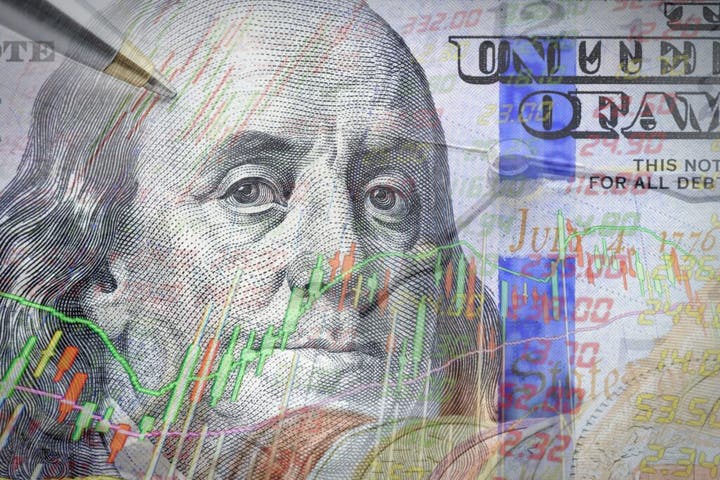
The U.S. national debt has reached an all-time high of $37 trillion, as reported by the Treasury Department. This staggering figure highlights the growing debt burden on the American economy and its taxpayers.
US Debt Adds $1 Trillion Every Five Months
The national debt has exceeded the $37 trillion mark, years ahead of the Congressional Budget Office’s (CBO) pre-pandemic projections for 2030. The sharp rise in debt stems mainly from the multi-year COVID-19 pandemic that began in 2020, which led the federal government, under both Donald Trump and Joe Biden, to take on significant borrowing to support the national economy, Fortune reported.
Earlier this year, Trump approved the Republicans' tax cut and spending bill, authorizing additional government expenditure. The Congressional Budget Office estimates the law will add $4.1 trillion to the national debt over the next decade.
The Government Accountability Office warned that rising U.S. debt is driving up borrowing costs, suppressing wages, and increasing prices for goods and services. The nation is now adding $1 trillion to its debt every five months—over twice the average pace of the past 25 years, says Peter G. Peterson Foundation.
IMF, Experts Warn of US Debt Surge and Risks Ahead
The International Monetary Fund (IMF) had previously warned the U.S. about its growing fiscal deficit and rising public debt, particularly in light of Trump’s proposed extension of tax cuts. Billionaire hedge fund manager, Ray Dalio also predicted severe economic repercussions due to the debt surge, cautioning that the national debt per household could double within the next decade.
Michael Peterson, Chair and CEO of the Peter G. Peterson Foundation, cautioned that government borrowing could trigger a damaging cycle of borrowing and increased costs due to upward pressure on interest rates. Peterson highlights that the trillion-dollar milestones are "piling up at a rapid rate."
At the same time, Wendy Edelberg, a senior fellow in Economic Studies at the Brookings Institution, stressed that the new tax law will lead to significant borrowing in the coming years.
Interestingly, the U.S. government also allows voluntary contributions to help pay down the debt, but the debt continues to rise at an alarming rate.
READ MORE:
Image via Shutterstock
Disclaimer: This content was partially produced with the help of AI tools and was reviewed and published by Benzinga editors.







